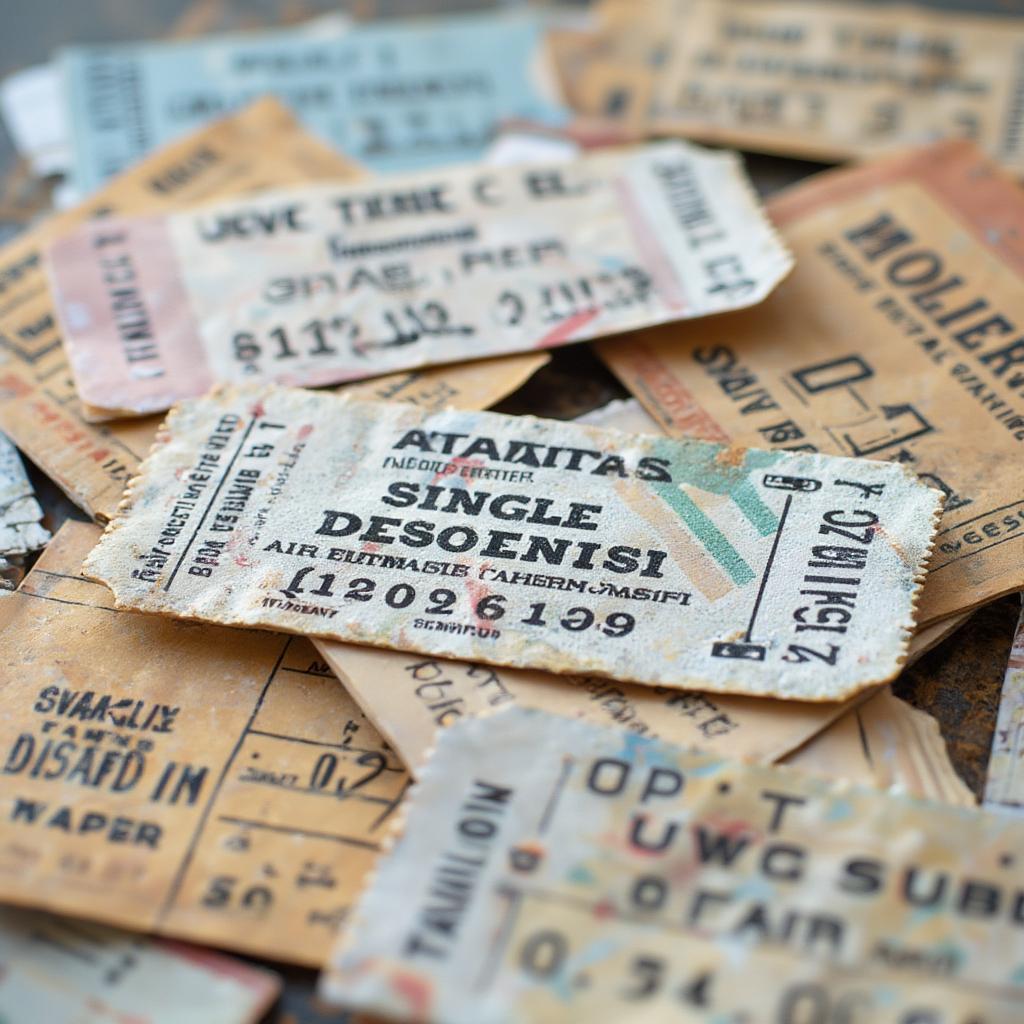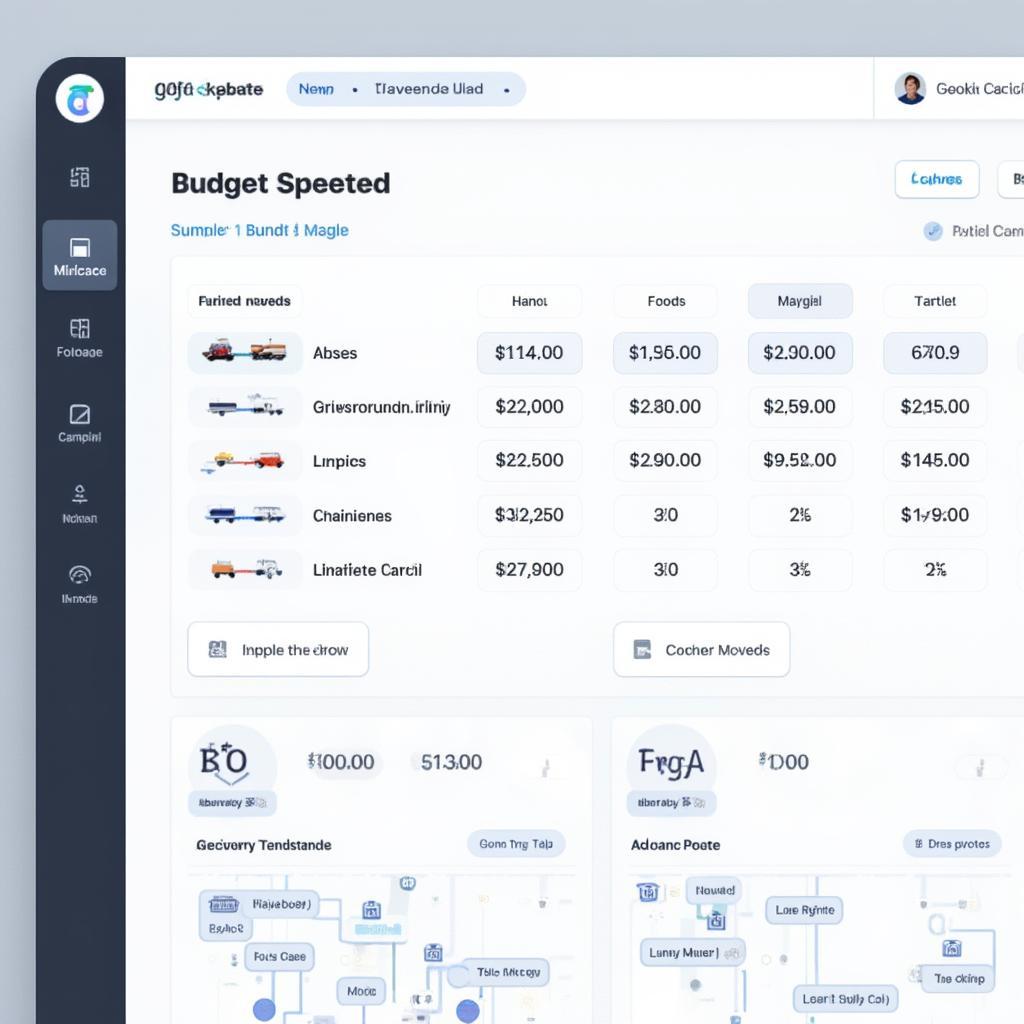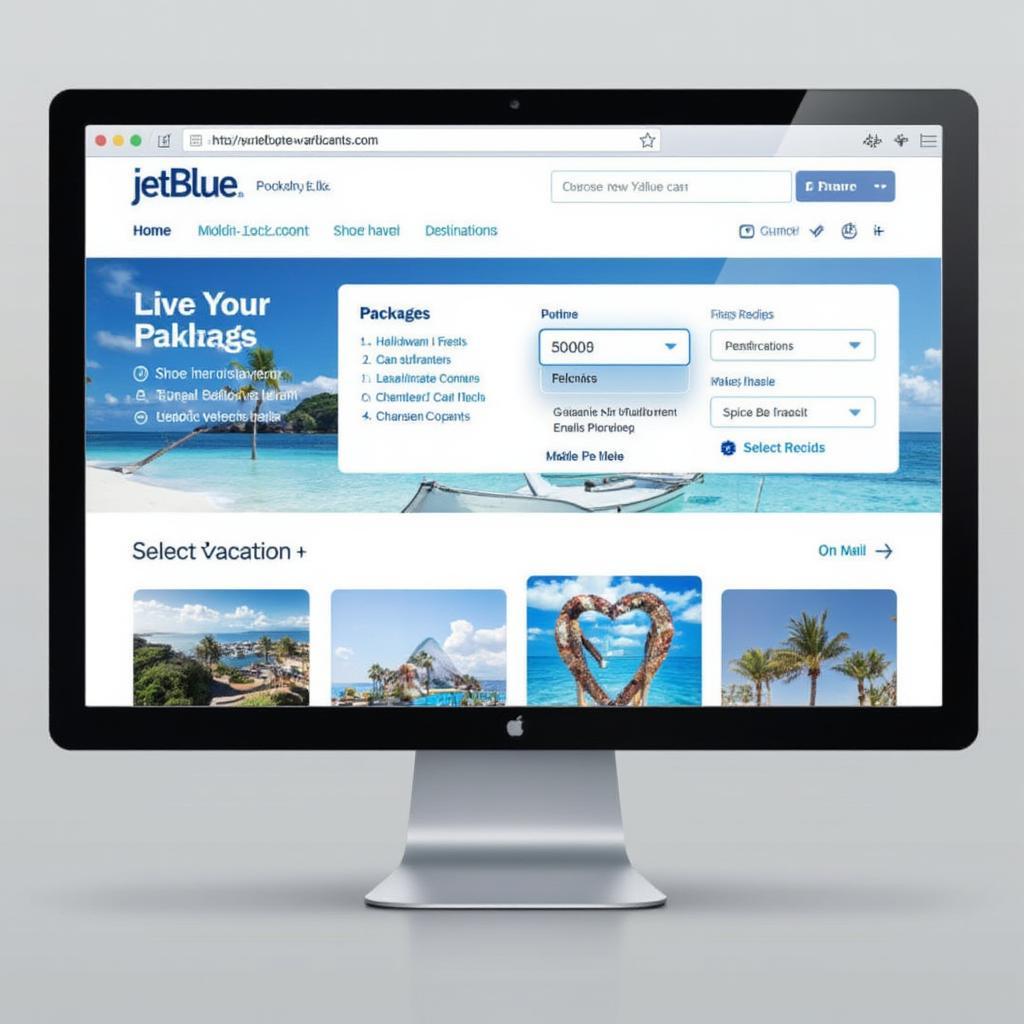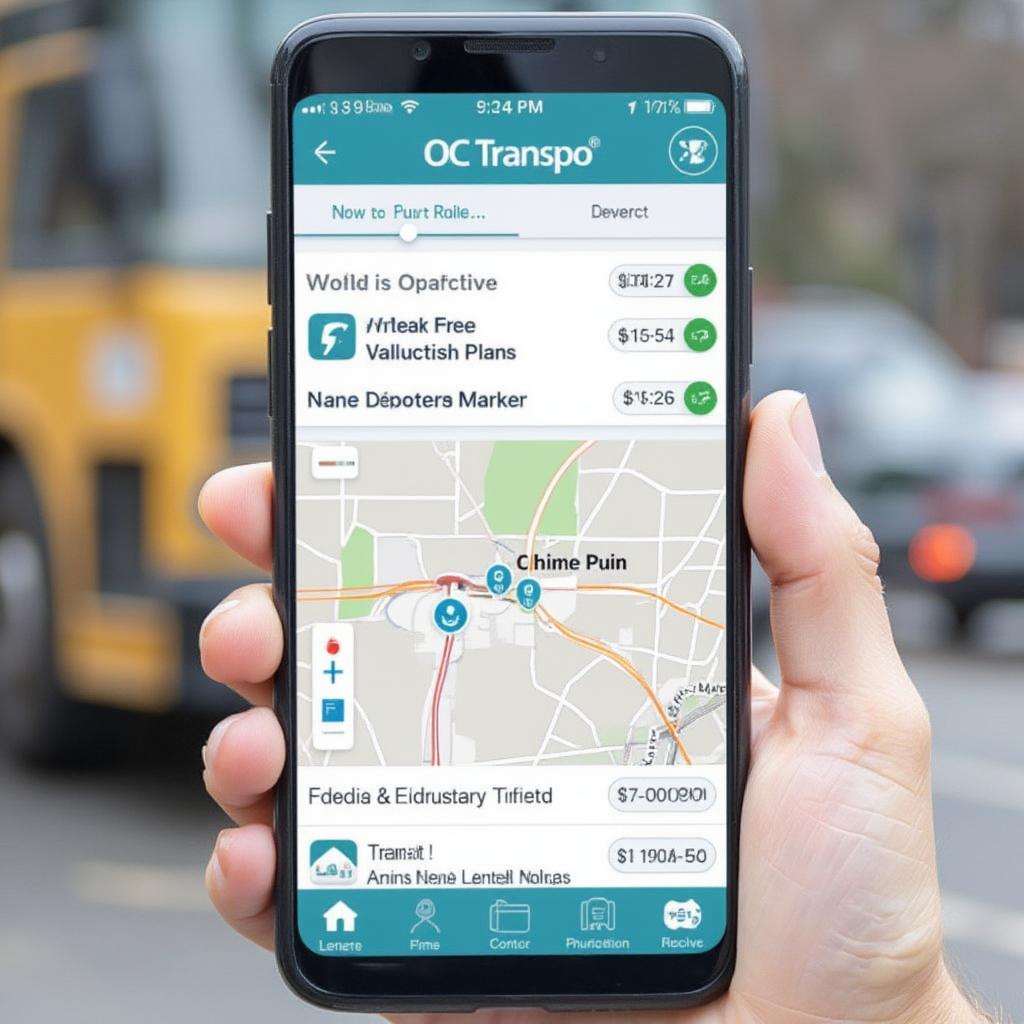Decoding Train Tickets: A Comprehensive Guide for Savvy Travelers

Navigating the world of train travel can sometimes feel like deciphering a secret code, especially when it comes to understanding Train Tickets. Whether you’re a seasoned globetrotter or a first-time rider, understanding the nuances of train tickets can save you time, money, and a whole lot of frustration. This guide is your one-stop shop for all things related to train tickets, ensuring you’re well-prepared for your next rail adventure.
Understanding the Basics of Train Tickets
Before you even think about boarding a train, it’s crucial to grasp the fundamental elements of a train ticket. These elements can vary depending on the country, the specific rail operator, and the type of ticket you choose. Let’s break down some of the key components you’ll often encounter.
- Departure and Arrival Stations: This is straightforward, right? Your ticket will clearly state where your journey begins and where it ends. However, always double-check, especially in large cities with multiple stations. For example, in London, you might need to distinguish between London Euston and London Kings Cross.
- Date and Time of Travel: Your ticket will specify the exact date and, in many cases, the specific time you are scheduled to depart. Missing your train can be costly, so arriving a bit early is always a good idea. Flexible tickets are a good option if your schedule might change.
- Class of Service: Are you in first class, business class, or economy (or sometimes referred to as standard class)? The class will influence your comfort level, the amenities you have access to, and of course, the price you pay. Consider how long your trip is when choosing your class.
- Ticket Type: Tickets come in many flavors such as single tickets for one journey, return tickets for a round trip, or multi-journey passes. Consider your travel needs before purchasing a ticket.
- Passenger Information: Some tickets may include your name or identification number, especially for reserved seating. This is typically more common for long-distance or high-speed trains. Be prepared to show some form of identification if asked.
- Seat Reservation: Do you have an assigned seat or are you just able to hop on board? Some tickets include a seat reservation, while others do not. Reserved seats ensure that you have a place to sit, but they’re not always mandatory.
- Fare Basis: Understanding your fare basis or ticket type is essential for knowing if you can change the date or get a refund. Some tickets are non-refundable or have hefty change fees associated.
- Train Number and Route: This helps identify your train among many departures, ensuring you’re on the right one. Particularly useful when using large railway hubs.
Where to Buy Train Tickets
So, you know what a ticket looks like and what information to expect, but where should you actually purchase your ticket? The options have become quite diverse over the years, and what suits one traveler may not work for another. Let’s go over the different avenues available.
- Online Booking Platforms: Websites and apps have become the most popular way to buy train tickets. They often allow you to compare prices, routes, and times across multiple operators. Many sites provide user reviews, too!
- Railway Operator Websites: If you know exactly which company is operating the train you want to ride, buying directly from their website is a great option. Often they have the best prices and promotions and you are likely to get the most up-to-date information.
- Ticket Machines: Ticket machines are an option if you are already at a train station, and you can usually pay with a credit or debit card. They’re usually easy to navigate but can get busy at peak times, so it’s not ideal if you are in a rush.
- Ticket Counters at the Station: If you prefer a human touch, or you need extra help with your reservation, going to the manned ticket counters at the station is a suitable option. Bear in mind that waiting lines may be long in busy hours.
- Travel Agencies: If you are planning an extensive trip that includes trains and other forms of transportation, engaging with a travel agency can be a worthwhile choice. They can handle all the logistics and can sometimes get you better deals.
Types of Train Tickets Explained
Understanding the various types of train tickets can significantly impact your travel experience. Here’s a look at some common ticket types you might encounter, and knowing this can allow you to plan your journey seamlessly.
- Single (One-Way) Ticket: A simple ticket for a single journey between two points. Good if you just need to travel in one direction.
- Return (Round-Trip) Ticket: Allows you to travel to a specific destination and then return to your original starting point. Usually more cost-effective than purchasing two singles.
- Open Return Ticket: This is ideal if you do not know exactly when you need to return. It gives you flexibility with the return date within a certain time frame.
- Point-to-Point Tickets: These are specific tickets for a single journey, usually with a reserved seat. Great for long, direct routes.
- Rail Passes: Rail passes offer unlimited travel within a specific geographic area for a set duration. Ideal if you plan to do a lot of traveling around a certain country or region.
- Season Tickets: These are tickets designed for frequent travelers who are taking the same route often. Consider this if you are a commuter.
- Group Tickets: Discounts are often provided for groups traveling together. Perfect for families or friends.
- First Class Tickets: These often include extras like wider seats, more legroom, power outlets, complimentary refreshments, and access to first-class lounges.

Tips for Finding the Best Deals on Train Tickets
Who doesn’t love a good deal? Saving on train travel can leave you with extra cash to enjoy at your destination. Here are some tips to help you secure the best prices on your train tickets.
- Book in Advance: Like flights, train tickets are often cheaper when purchased well ahead of your travel date. Planning ahead usually pays off.
- Travel Off-Peak: Trains are generally cheaper outside of rush hour and during non-holiday times. If your schedule is flexible, travelling mid-day can be significantly cheaper than during early morning or late afternoon.
- Consider Flexible Tickets: While a flexible ticket might cost a bit more initially, it can save you money if you need to change your travel date later.
- Utilize Rail Cards or Discounts: Check if you are eligible for any rail cards or discounts, such as senior citizen, student, or military. These can lead to significant savings.
- Compare Prices Across Different Platforms: Don’t settle for the first price you find. Take the time to shop around across different online platforms, and on different days.
- Look for Special Promotions: Rail companies often run promotions, so check out their websites and social media for deals. Sometimes the sales are unannounced and last just for a few hours, so being alert can save you some cash.
- Be Flexible with Your Travel Time: If possible, consider changing your departure time. Sometimes just moving your train journey an hour earlier or later can result in huge price differences.
- Subscribe to Email Alerts: Many rail operators and booking platforms offer email alerts that will notify you of upcoming deals and discounts.
“Understanding the nuances of different ticket types and booking options is key to maximizing your travel budget. Don’t underestimate the power of planning ahead and taking advantage of promotions,” explains Dr. Anya Petrova, a travel economics expert at the Global Travel Institute.
Decoding the Fine Print on Your Train Ticket
Like most legal documents, train tickets often come with fine print. It’s important to read through this to fully understand your rights and restrictions associated with your ticket. Here’s what you should keep an eye on.
- Refund and Change Policies: Are you able to get a refund if you cancel? What are the change fees, if any? Understand these conditions before you buy your tickets.
- Validity Period: How long is your ticket valid for? Does it include a particular travel day, or is it good for several days or even weeks?
- Luggage Restrictions: Some rail companies have specific limitations when it comes to the size and number of luggage you can bring. Check the allowance before you travel, especially if you are traveling with oversized luggage.
- Seat Assignment Details: If you have an assigned seat, make sure you know your seat number, and what car you will be on. This is helpful when you are boarding the train.
- Terms and Conditions: Review the general terms and conditions for your ticket, which can include policies regarding delays, cancellations, and your rights as a passenger.
- Additional Fees: Some carriers may charge extra fees for seat reservations, bike transportation, or extra baggage. Be aware of these and check your ticket so you are not caught off guard.
Using Technology to Your Advantage
In the digital age, technology can be a great help for navigating train travel. From finding information to making reservations, consider some of these digital tools.
- Train Tracking Apps: Real-time tracking apps give you up-to-the-minute updates on train schedules, potential delays, and platform information. They are a lifesaver in busy stations.
- Online Booking Apps: As previously mentioned, apps make buying tickets easy, but many also offer other services such as real-time departure boards and trip planners.
- Digital Train Tickets: Many train companies now offer e-tickets, which you can save on your smartphone. This saves paper and saves you the worry of losing your physical ticket.
- Mobile Payments: Secure mobile payments with your phone or digital wallet are very convenient. Many countries now allow you to tap and go with your mobile device.
- Information Kiosks: Most train stations have electronic kiosks where you can get information, print out tickets, and make changes to your reservations.
Common Issues and How to Resolve Them
Even with meticulous planning, things can sometimes go wrong with train travel. Here are some common issues and how to deal with them.
- Missed Your Train: If you miss your train, contact the rail operator. They may offer alternatives, depending on your ticket type. Some tickets allow you to take the next train, while others may require you to buy a new ticket.
- Train Delay or Cancellation: In the event of a delay or cancellation, you are generally entitled to compensation. Check the terms and conditions of your ticket for details. Always make sure to get proof of the delay, if that is possible.
- Incorrect Ticket: If you realized you bought the wrong ticket, contact the ticket office immediately. Many places will rectify their mistakes and provide you with the correct tickets.
- Issues with Seat Reservations: If you get on your train and your seat is occupied, speak to the train conductor. They will usually rectify the situation quickly.
- Lost Tickets: In case of a lost ticket, immediately contact the vendor where you bought the ticket. Depending on their policy, they may be able to cancel or re-print it for you.
- No Internet Connection: If you have a digital ticket, it’s a good idea to save it offline, in case of a lack of internet connectivity.
- Language Barriers: When traveling in a country where you don’t speak the local language, it may be wise to use online translation apps or try to learn some basic phrases before traveling.
“When facing unexpected issues during train journeys, don’t hesitate to seek assistance from railway staff. They are there to help and can offer valuable advice and solutions,” advises David Lee, a veteran train conductor with 20 years of experience.
Sustainable Train Travel
Choosing train travel isn’t just convenient, it’s a more environmentally friendly option compared to flying or driving. By choosing the train, you reduce your carbon footprint. Here are some tips to make your train travel even more sustainable.
- Pack Light: The less luggage you bring, the less fuel is used in transporting your belongings.
- Bring Your Own Water Bottle: Avoid single-use plastic bottles by bringing your own reusable water container.
- Dispose of Waste Properly: Make sure that you dispose of waste in the appropriate bins available on the train.
- Choose Direct Routes: Direct routes are often more fuel-efficient.
- Consider Night Trains: Night trains help you save on accommodation and reduce the environmental impact of traveling.
- Buy Local: Support local businesses by choosing local food, drinks and products whenever you can, instead of international brands.
- Use Public Transportation: Use the local public transport system to get to the train station whenever that’s an option.
- Travel with Reusable Items: Opt for reusable items, such as travel cutlery and travel coffee cups, to further reduce your environmental impact.
Conclusion
Understanding train tickets and navigating the world of train travel doesn’t have to be a daunting task. With the right knowledge and a little bit of planning, your next rail journey can be smooth, affordable, and memorable. By understanding the different types of tickets available, and by using the best deals and tricks, you can make train travel a highlight of your trip. Whether you are a seasoned train traveler or someone new to riding the rails, mastering the art of purchasing and understanding train tickets will open a world of exciting possibilities. Always remember to double check your tickets before you travel and keep them safe. We hope that you found this guide useful and that you’ll now be traveling on trains with much more confidence. Happy travels! For more information related to travel, check out our articles on airfare, or if you’re looking for a budget airline to use for flights near your train route, explore spirit flights.
Frequently Asked Questions (FAQ) about Train Tickets
Here are some commonly asked questions about train tickets to help clarify any remaining doubts you may have.
-
How far in advance should I book train tickets for the best prices?
It’s usually best to book your train tickets as early as possible, typically several weeks or even months in advance, to secure the best fares. Many rail operators offer discounts for advance bookings, and prices may increase as the travel date approaches. However, keep in mind that some routes may have flexible tickets that allow changes without penalties, offering more flexibility if your travel plans might change.
-
What does “off-peak” travel mean for train tickets and how can it save me money?
“Off-peak” travel refers to traveling outside of the busiest times, such as rush hour or public holidays. Off-peak train tickets are often cheaper and the trains are less crowded, making the journey more comfortable. Traveling mid-day or at less popular times can lead to significant savings. Always check with the specific rail company for their definition of “off-peak”.
-
Can I use my train ticket on a different train if I miss my scheduled departure?
This depends on the type of ticket you have. Some tickets are non-refundable and non-exchangeable, meaning you’d need to buy a new ticket. However, flexible tickets may allow you to take the next available train or to change your travel time without fees. It is crucial to review your ticket’s terms and conditions prior to travel, or to contact the rail operator for advice as soon as you realize you have a problem.
-
Are there specific discounts available for train travel for seniors, students, or families?
Yes, many rail operators offer discounts to senior citizens, students, families, and members of the armed forces. To access these discounts, you typically need to provide the appropriate proof of eligibility. It’s always a good idea to check with your local train operators or vendors for any available discounts, or for specific details regarding eligibility.
-
What’s the difference between a single, return, and open return train ticket?
A single ticket allows you to travel in one direction. A return ticket is for a round trip, meaning you travel to a destination and back to the original point. An open return ticket is a round trip, but your return date is flexible within a specified time frame. Choosing the most suitable option depends on your specific travel plans and flexibility needs.
-
What should I do if my train is significantly delayed or cancelled?
If your train is significantly delayed or canceled, you are often entitled to compensation, as per the rail company’s policies. Get proof of the delay or cancellation. It is often advisable to reach out to staff at the station or to the rail operator for assistance. Depending on the circumstances, they can offer a refund, an alternative route, or even arrange for overnight accommodation.
-
How do I use digital or e-tickets for train travel?
Most e-tickets can be stored on your smartphone and presented when boarding the train or during a ticket check. It’s a good idea to save the ticket to your device offline, in case you encounter network problems. Always ensure your phone is sufficiently charged before your travel day, and that you have access to your ticket before you board.
-
Are there any restrictions regarding luggage size or weight on trains?
Yes, most train companies have restrictions regarding the size and weight of your luggage, particularly for large or oversized items. Always consult the rail operator’s website or their terms and conditions. Some companies may require you to book luggage in advance, or you may be required to pay extra for extra or oversized items.
-
Can I use a rail pass for travel across multiple countries?
Yes, certain rail passes are available for travel across many countries, usually within Europe. These passes are ideal for extended multi-country rail journeys and can be purchased before your trip. Always verify that the specific rail pass is valid for your chosen routes. These passes offer both flexibility and value if you are planning an extended trip. You can also discover more about traveling in comfort by checking out american airlines obese passengers.




